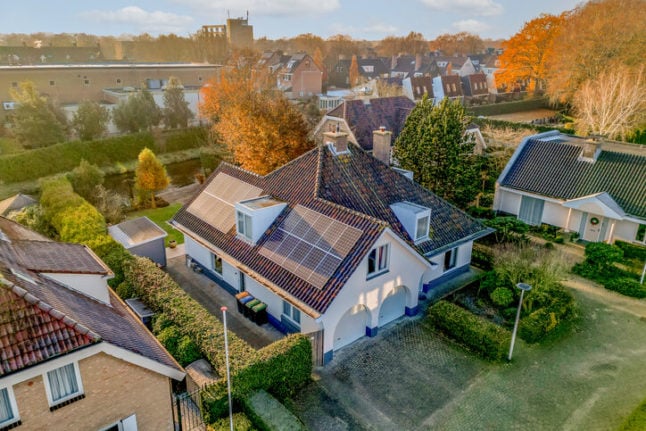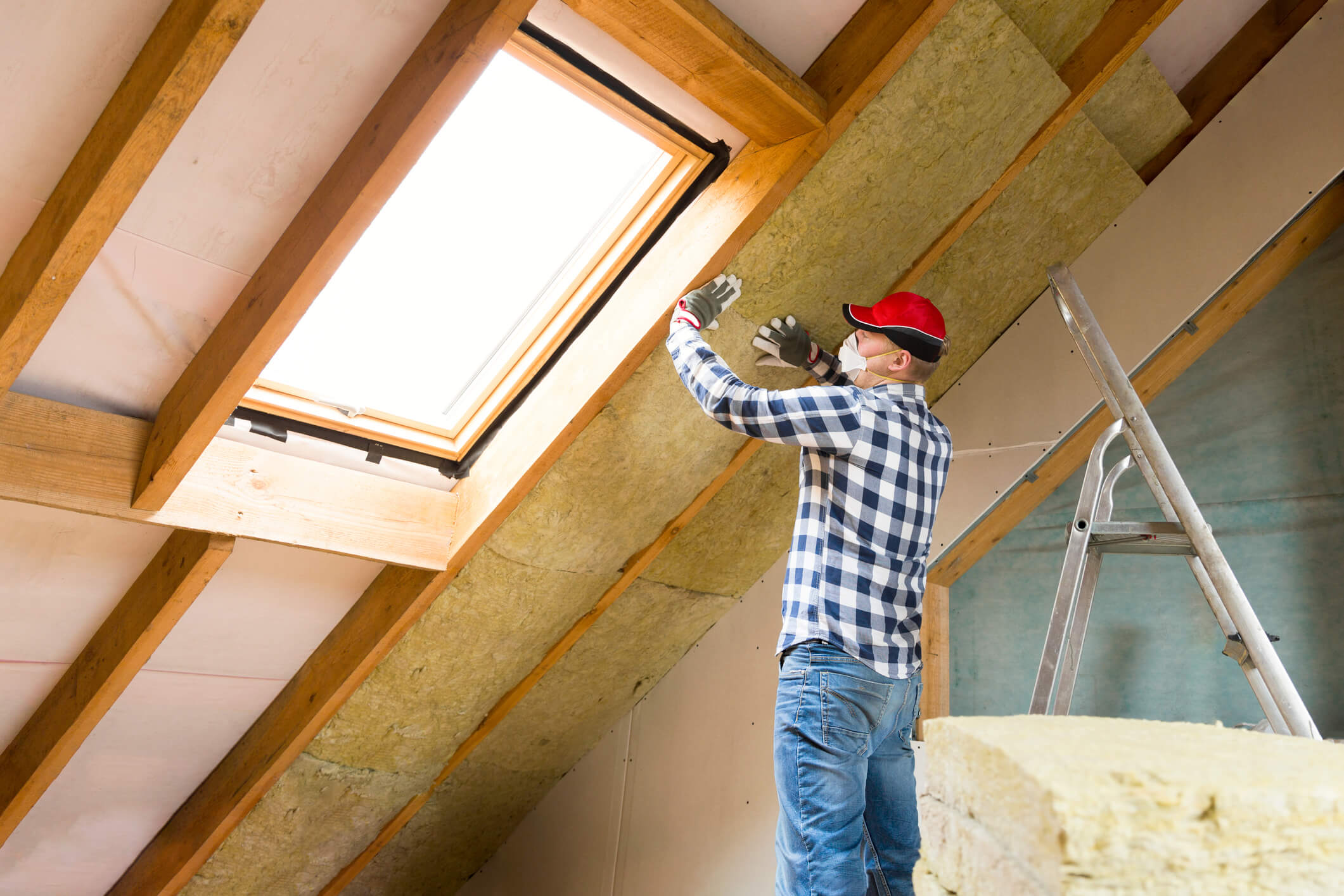With the effects of climate change becoming even more apparent, many European nations are doing their best to mitigate the change. France is a leader in this regard.
France’s new ‘Climate and resilience law’ package covers many aspects of everyday life, with a stated aim of reducing greenhouse gas emissions by 40 percent by 2050. Housing is no exception.
If you own a house in France in which you live or rent, there are some important changes you need to be aware of. It’s especially important if you’re thinking of letting or selling a property soon.
What has changed?
If you own or are renting a house to a new tenant in France, you’ll need to obtain a Diagnostique de Performance Energétique (‘Energy Performance Diagnostic’) from a qualified professional. This survey document evaluates the energy efficiency of your property and allocates a rating from ‘A’ (the most energy-efficient) to ‘G’ (the least).
The DPE costs between €100 and €200, is usually valid for ten years, and has several important uses.
First, when selling your property, or renting it to a new tenant, you must provide a copy of the DPE. This allows people to compare levels of energy efficiency, something that not only impacts the climate but has an effect on energy bills. It will also contain an estimation of how much it will cost to renovate to a higher ‘grade’ of DPE.
Second, the DPE gives concrete advice on how you can make improvements to your home, in terms of heating systems, insulation and other technologies and building materials that can make a substantial difference to running costs.
There are also some qualifications. From July of this year, if your property is rated ‘G’ and uses over 450kw/h per square metre in a year, then it cannot be rented out until renovations are completed to bring the property up to an ‘F’ grade. From 2025, this will extend to properties graded ‘F’ – meaning they’ll need to be brought up to an ‘E’ grade.
Since April 1 of this year, if you want to sell a property, those rated ‘F’ or ‘G’, will need to require an Audit énergétique (‘energy audit’, link in French), that is much more in-depth in terms of detail and recommendations for improving efficiency. These can cost up to €1,500. From 2025, the requirement for an audit will extend the requirement to properties rated ‘E’.
What resources are available?
To satisfy the requirements of the new climate laws, the French government has developed some resources to aid you as a homeowner. The France Rénov information service gives an overview of the DPE system, explains energy-efficient technologies and includes a directory of qualified renovation professionals in your area.
To assist with the financial costs, the MaPrimeRénov grant system has been set up to offset the costs of making your property more energy-efficient. Rather than the previous credit, which was paid when you submitted your French tax return, these grants are paid out when the work on your home is completed. In some circumstances, these payments can also be made in installments, as work progresses.
Further help
In addition, the French private sector has stepped in to help. French bank Credit Agricole has developed J’écorénove (Link in French), a website to walk you through the entire process of ascertaining your home’s DPE grade, accessing MaPrimeRénov grants and finding the right tradespeople.
Furthermore, Credit Agricole’s specialist English speaking branch, CA Britline, is also a useful resource for English-speaking homeowners in France. Established specifically for the large number of British internationals resident in France, CA Britline’s advisors can offer helpful advice. With years of experience, they can help you make sense of the many requirements of the climate laws as they relate to buying, renting and selling homes.
CA Britline held a web conference on the 19th of October 2023. If you want to watch the replay, click here.





 Please whitelist us to continue reading.
Please whitelist us to continue reading.
Our recent diagnostique cost €757 and is 70 pages of filler. It is valid for 5 years.